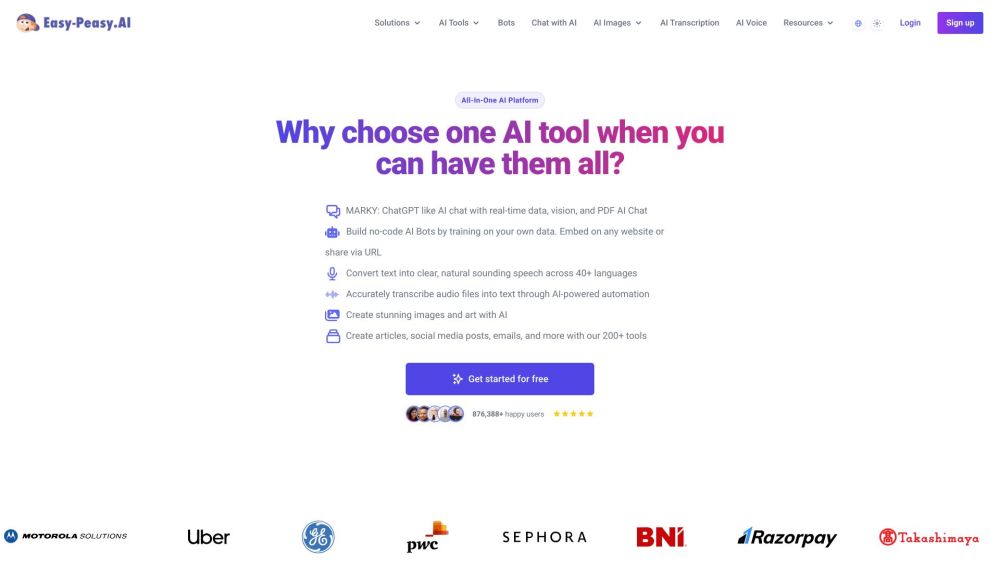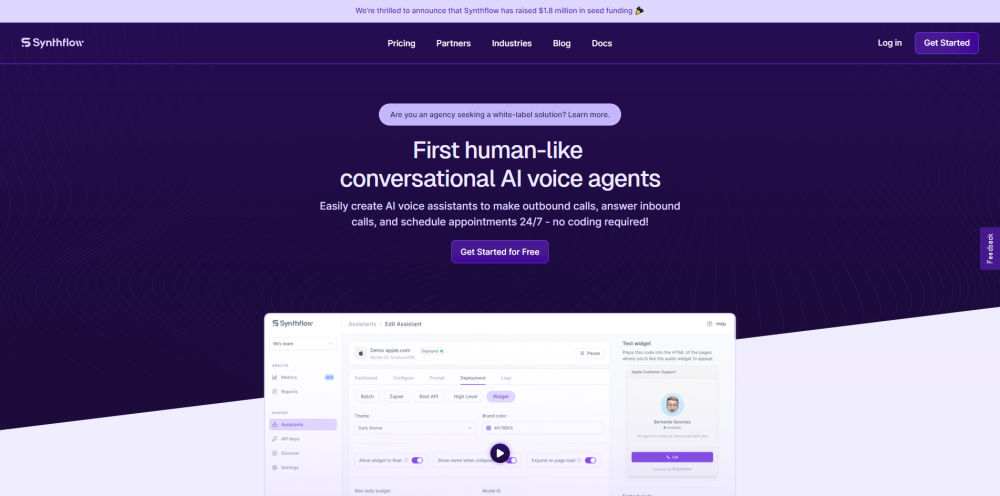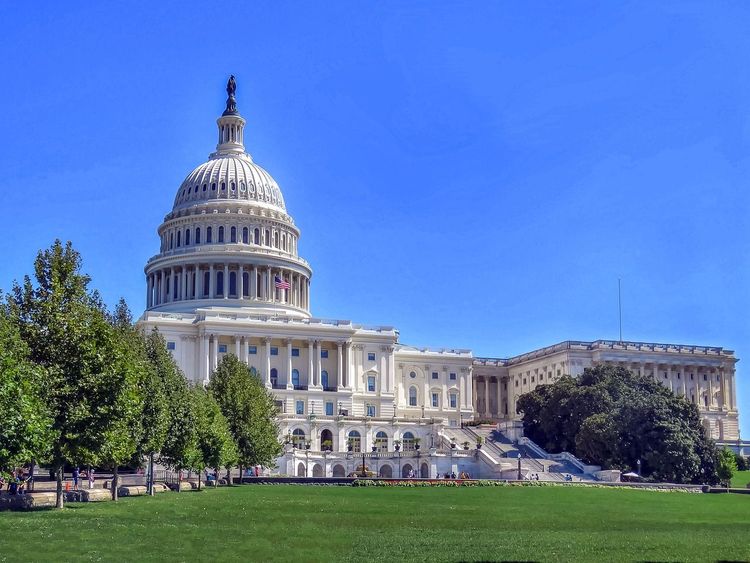The European Union's AI Act, a comprehensive risk-based framework for regulating artificial intelligence applications, has successfully cleared a significant hurdle after Member State representatives voted unanimously today to affirm the final text of the draft law.
This major development follows a political agreement reached in December, concluded after extensive negotiation sessions among EU co-legislators that lasted for several days. The process of transforming tentative agreements into a finalized compromise text for legislative approval began and culminated in today’s Coreper vote endorsing the draft regulations.
The regulation outlines a range of prohibited AI applications categorically defined as posing unacceptable risk, such as social scoring. It also introduces governance rules for high-risk AI applications that could jeopardize health, safety, fundamental rights, the environment, democracy, and the rule of law. Moreover, it establishes transparency requirements for applications like AI chatbots but exempts 'low-risk' AI applications from regulatory oversight.
Today's vote has sparked significant relief across Brussels, particularly amidst ongoing resistance to the regulation from certain Member States, notably France. This opposition stemmed from apprehensions that excessive legal restrictions could hinder the rapid growth of domestic generative AI startups, such as Mistral AI, which aim to compete with dominant US AI firms. Despite these concerns, all 27 EU Member State ambassadors supported the text unanimously.
If the vote had failed, the regulation could have been jeopardized, with limited time remaining for renegotiations due to the upcoming European elections and the impending end of the current Commission’s mandate later this year.
Moving forward, the draft law will return to the European Parliament for a final vote in committee and plenary sessions. However, significant opposition has mainly arisen from a few Member States, including Germany and Italy, who questioned the obligations placed on foundational models. As a result, these upcoming votes are expected to be largely procedural. The EU’s landmark AI Act is anticipated to be enacted in the coming months.
Once approved, the Act will take effect 20 days after its publication in the EU's Official Journal. A tiered implementation timeline will follow, with a six-month grace period before the list of prohibited AI uses becomes enforceable, likely around the fall. Furthermore, the regulations concerning foundational models (general-purpose AIs) will not be applicable until 2025, while most other provisions won't come into force until two years post-publication.
The European Commission has initiated the establishment of an AI Office, tasked with overseeing compliance for specific high-risk foundational models. Additionally, the Commission recently unveiled measures aimed at enhancing opportunities for local AI developers, including revamping the bloc's supercomputing network to facilitate generative AI model training.





